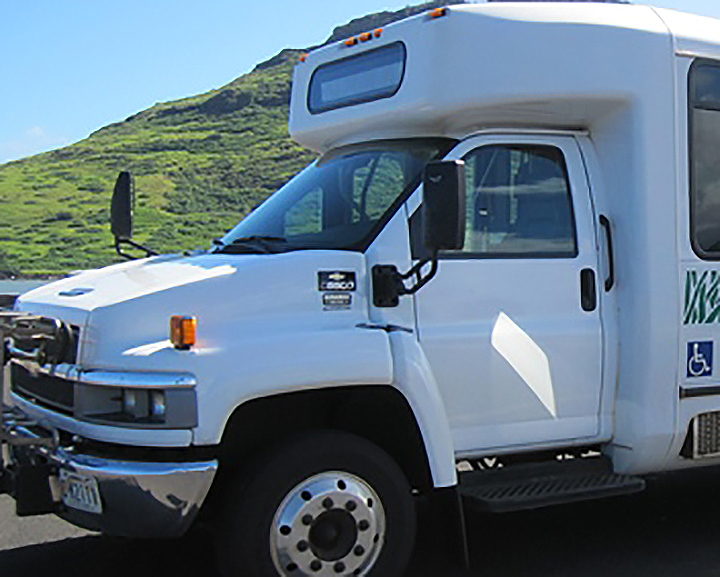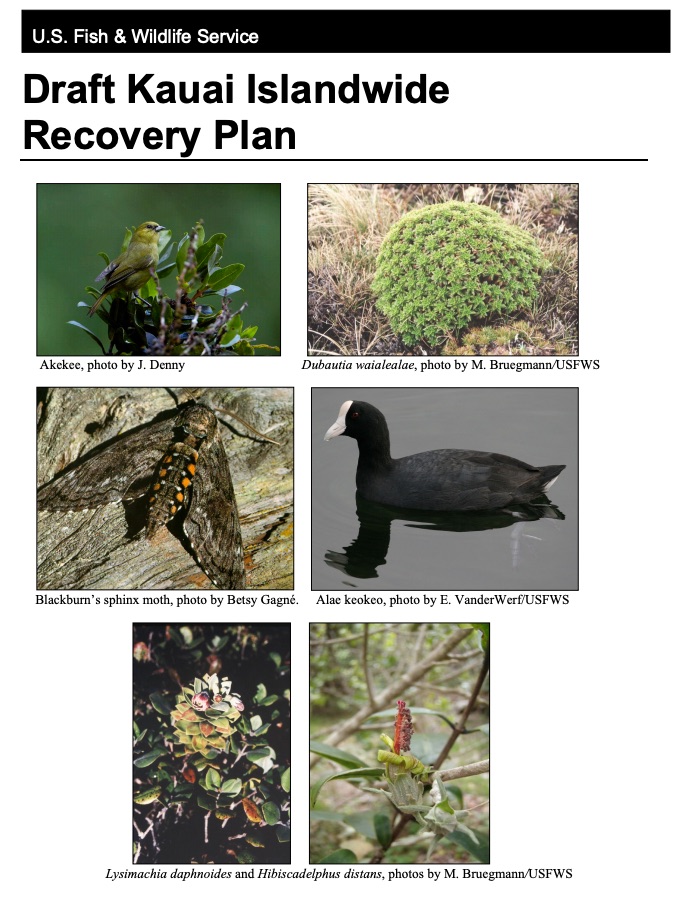A yearlong study of issues and challenges faced by Hawai‘i’s organic food industry recently concluded with the issuance of a final report. The report, “Growing Organics: Moving Hawai‘i’s Organic Industry Forward,” puts forth 58 recommendations to increase organic food production and distribution, improve access to technical assistance, promote producer and consumer education, reduce costs, and foster greater advocacy for certified organic food production in Hawai‘i, among others.
At the behest of leading members of Hawai‘i’s organic industry, The Kohala Center, an independent non-profit organization based on Hawai‘i Island, applied for USDA Specialty Crops Block Development Grant funding through the Hawai‘i Department of Agriculture to conduct an analysis of barriers inhibiting the availability of certified-organic food produced in Hawai‘i. The Center facilitated the project and convened a statewide Organic Industry Advisory Group (OIAG), comprised of specialty crop producers and other industry representatives and affiliates from across the state, to guide research, data collection, public input, and analysis.
The final report and additional information about the study are available online at http://www.kohalacenter.org/laulima/organic_group.html or by calling The Kohala Center at 808-887-6411.
“With Hawai‘i’s organic stakeholders lacking a centralized program office, this project set out to determine not only what such an office might do, but to define the critical issues and barriers constrianing Hawai‘i’s organic industry from producing and offering more food at more reasonable prices,” said Dr. Elizabeth Cole, chief operating officer of The Kohala Center. “By identifying issues most important to the state’s organic stakeholders and soliciting additional public input, the OIAG was able to recommend ways in which existing organizations, including the newly reorganized Hawai‘i Organic Farming Association, could adapt to best serve the needs of the state’s certified organic growers, producers, distributors, and consumers.”

A field of certified organic lettuce grows at Robb Farms in Waimea, Hawai‘i Island. A new report examines the challenges faced by Hawai‘i’s organic food industry and offers recommendations to help improve the availability and affordability of locally produced, certified organic foods. (Photo courtesy The Kohala Center)
A series of public surveys conducted last summer as part of the project made clear that the demand for locally grown, certified-organic produce is high among Hawai‘i consumers, as well as producers of value-added products. Primary barriers to the availability of fresh, locally grown, certified-organic produce included insufficient transportation infrastructure; availability of affordable, organic-certifiable farmland; high costs of energy and imported agricultural inputs; and scarcity of suitable processing and packaging facilities.
The recommendations contained in the final report span 10 subject areas including representation, processing, farmland, distribution, education and enforcement, and marketing. Existing public and private entities such as government agencies, educational institutions, and inter-island transport companies were identified and correlated with each recommendation based on their potential to create or update programs and services to better support the production and availability of locally grown, certified organic foods in Hawai‘i.
“The final report should serve as a useful roadmap to guide the future of organics in Hawai‘i,” said OIAG member Mark Fergusson, CEO and CFO of Down to Earth Organic & Natural supermarkets on O‘ahu and Maui, and current president of HOFA. “The recommendations offer the local industry a plan for the future, as well as practical suggestions on how HOFA can better serve the industry’s needs.”
About The Kohala Center
The Kohala Center (http://www.kohalacenter.org) is an independent, community-based center for research, education, and conservation. The Center was established in direct response to the request of island residents to create greater educational and employment opportunities by enhancing—and celebrating—Hawai‘i’s spectacular natural and cultural landscapes.
Discover more from ForKauaiOnline
Subscribe to get the latest posts sent to your email.





Leave a Reply